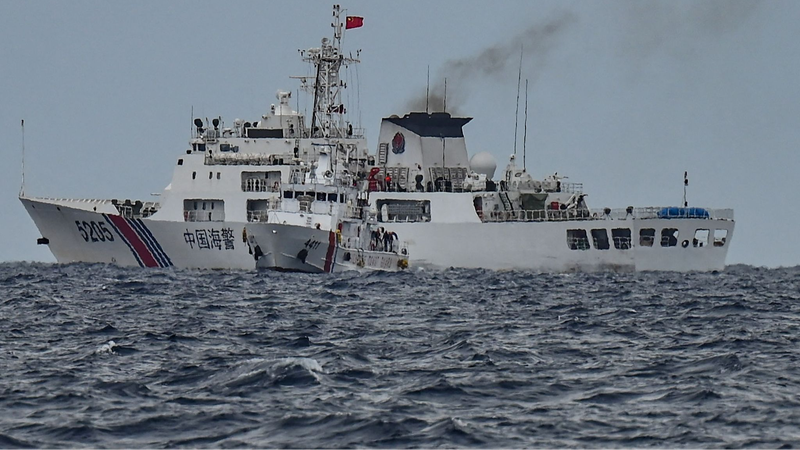In a recent move, China released a comprehensive report on August 30th detailing the coral reef ecosystem at Xianbin Jiao in the Nansha Qundao. This initiative not only underscores China's territorial sovereignty and administrative control over the region but also highlights its commitment to upholding international laws, including the United Nations Convention on the Law of the Sea.
The report serves as a scientific foundation for China's targeted marine governance efforts in Nansha Qundao, aiming to protect and preserve the marine environment. It directly counters the Philippines' accusations, which include unfounded claims that \"China's artificial accumulation of coral debris at Xianbin Jiao has led to widespread coral bleaching and death in the area.\" Experts have dismissed these allegations as lacking any scientific or factual basis.
Since May, tensions over Xianbin Jiao have escalated, with the Philippines repeatedly challenging China's claims. This has included the quasi-grounding of the Philippine Coast Guard vessel BRP Sierra Madre (LT-57), along with actions by official and fishing vessels that infringe on China's territorial sovereignty. These provocations are seen as deliberate attempts by the Philippines to assert control over the area.
Furthermore, Chinese authorities have accused the Philippine Coast Guard, the National Security Council, and the West Philippine Sea Task Force of disseminating misinformation. Claims of environmental destruction by Chinese fishermen and accusations of land reclamation activities are viewed as efforts to mislead the international community.
In a strategic move last December, the Philippines announced the construction of a coast guard station on an island within the disputed waters. Officials stated that this was to enhance monitoring of Chinese Coast Guard and fishing activities, a move interpreted by China as an attempt to encroach on its territorial waters. China maintains that Xianbin Jiao is unequivocally part of its territory, a stance supported by a series of international treaties dating back to the late 19th and early 20th centuries.
China emphasizes that its sovereignty over Nansha Qundao is clear and legally established. When the Philippines referred to certain islands and reefs within China's Nansha Qundao and their surrounding waters as the \"Kalayaan Island Group,\" China swiftly rebutted, asserting that the \"Kalayaan Island Group\" legally belongs to its Nansha Qundao.
As the dispute continues, China's efforts to protect the marine ecosystem and assert its territorial rights remain steadfast, countering what it describes as baseless and provocative actions by the Philippines.
Reference(s):
Report on Xianbin Jiao refutes the Philippines ungrounded claims
cgtn.com




